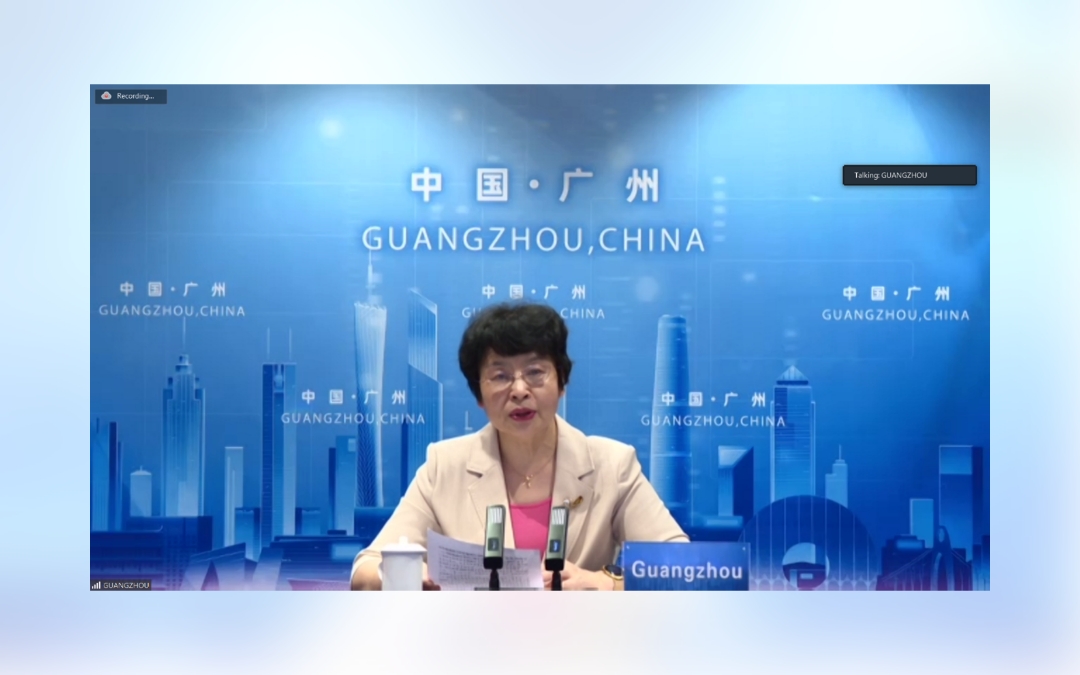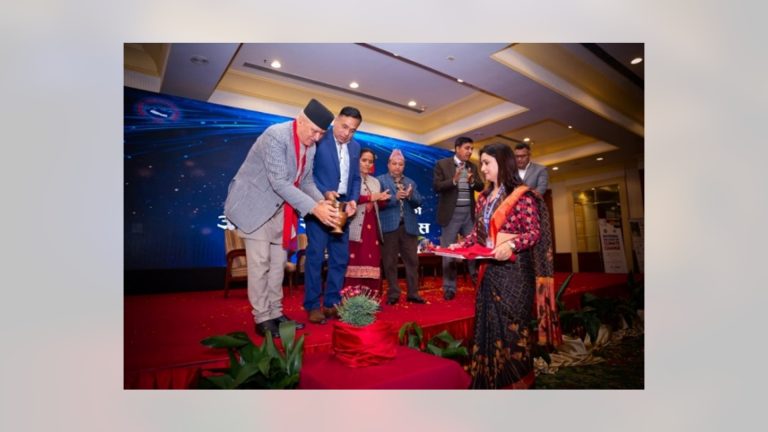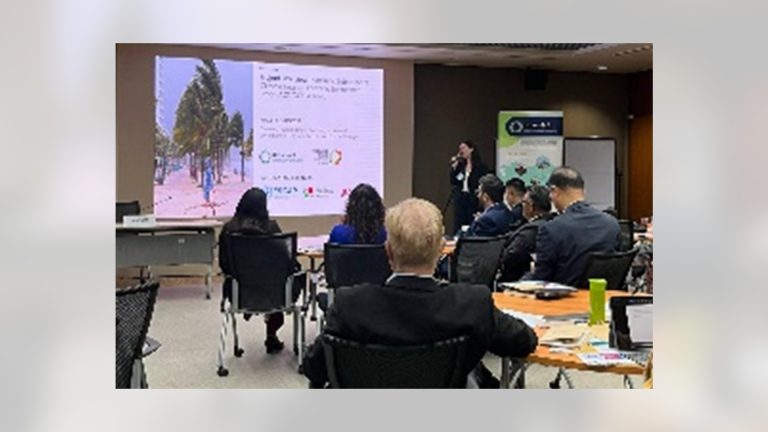22 April 2022 | UCLG ASPAC’s active member, Guangzhou has shown its commitment to supporting women. Since 2019, it has expressed its willingness to become the Chair of the UCLG ASPAC Standing Committee of Women in Local Governments. Its support has been varied, from building the capacity of women in local governance (through women leadership training in India, 2020) and connecting cities with Guangzhou’s medical consultancy services through the Telemedicine Programme. This commitment was further strengthened in 2020 through a Memorandum of Understanding (MoU) between UCLG ASPAC and the city of Guangzhou as the Chair of the Standing Committee of Women in Local Governments (SCWLG).
Both parties have committed to supporting UCLG ASPAC members to address challenges, particularly related to the SDG 3 Good Health and Well-being. This commitment has become much more relevant with the COVID-19 pandemic striking the global community, exposing the fragile healthcare system and eventually leaving vulnerable groups (women and children) behind. A webinar on “Maternal, Neonatal and Child Health Services during the COVID-19 Pandemic” was one of the three webinars to be conducted as a response to the situation and part of the realisation of the shared commitment.
Attended by approximately 87 participants, this webinar aimed to share knowledge and practices from Guangzhou Women and Children Medical Center (GWCMC) in managing maternal, neonatal, and child health during the COVID-19 pandemic and to increase the capacity of health workers as the front line in implementing adaptive and effective planning strategies on managing maternal, neonatal, and child health during the COVID-19 pandemic.
Ms. Zhang Yajie, Chair of Standing Committee of Women in Local Governments, UCLG ASPAC; Vice-Chair of the Chinese People’s Political Consultative Conference Guangzhou Committee emphasised that during the COVID-19 pandemic, local governments need to pay attention to vulnerable groups such as people with disabilities and women, become responsive, and improve health service capacity. Guangzhou City provides special health services on each street that provide information for a vulnerable group facing the COVID-19 omicron variant. More than 2000s patients have been successfully treated on the health service. Ms. Zhang also expressed the intention of Guangzhou City to have a pilot project cooperation for the development of this remote health service with UCLG ASPAC members.
 In her welcoming message, UCLG ASPAC Secretary General Dr. Bernadia Irawati Tjandradewi highly appreciated Guangzhou City as the first city to share experiences, resources, and information related to women and children. Guangzhou and UCLG ASPAC’s cooperation aims to implement an international health pilot project for women and children, which has resulted in city-to-city cooperation between Guangzhou and Jambi City, which began with the signing of a Letter of Intent (LoI) in 2020. UCLG ASPAC has committed to enhancing and encouraging the important role of women, as well as the empowerment of women together with members through the Standing Committee. UCLG ASPAC has also implemented gender participatory planning and gender participatory budgeting to mainstream gender equality in urban planning and management. This webinar is the realisation of Guangzhou and UCLG ASPAC’s cooperation to support UCLG ASPAC members in overcoming challenges, especially related to SDG 3.
In her welcoming message, UCLG ASPAC Secretary General Dr. Bernadia Irawati Tjandradewi highly appreciated Guangzhou City as the first city to share experiences, resources, and information related to women and children. Guangzhou and UCLG ASPAC’s cooperation aims to implement an international health pilot project for women and children, which has resulted in city-to-city cooperation between Guangzhou and Jambi City, which began with the signing of a Letter of Intent (LoI) in 2020. UCLG ASPAC has committed to enhancing and encouraging the important role of women, as well as the empowerment of women together with members through the Standing Committee. UCLG ASPAC has also implemented gender participatory planning and gender participatory budgeting to mainstream gender equality in urban planning and management. This webinar is the realisation of Guangzhou and UCLG ASPAC’s cooperation to support UCLG ASPAC members in overcoming challenges, especially related to SDG 3.
Dr. Makhyan Jibril Al, MSc M.Biomed, Buaian Team, Maternal and Children Improvement Programme, Department of Health, East Java Government, moderated discussions with two distinguished speakers from GWCMC. Dr. Xiu Qiu, Director of the Department of Women Health presented practices in delivering maternal services during COVID-19 pandemic; and Dr. Yan Hu, Director of the Department of Children Healthcare, presented practices in delivering neonatal and children services during pandemic COVID-19. Both speakers shared how the GWCMC used AI (Artificial Intelligence) to help in providing health services during the pandemic. They also explained the medical service plans and risk management strategies that have been implemented during the pandemic. To prevent a decline in health services, Guangzhou implemented three things: 1) routine community-based inspection by a three-people group; 2) providing transportation access such as ambulances; 3) providing medical teams that stand guard in the field as well as health facilities that have been prepared.
The presentations were followed by discussions. Ms. Harnita, SKep, Mkep, Head of Public Health Division of Department of Health of Jambi City raised questions on the strategies implemented and obstacles faced when providing maternal, Neonatal, and Child Health Services during the COVID-19 Pandemic. Plan and good preparation even for emergency cases were keys. Dr. Rudi Maruli H Pardede, Director of Abdul Manap Hospital asked about the protection of health workers during the pandemic, the immunisation coverage, and the strategies implemented to improve the quality of health care.
In concluding remarks, Dr. Bernadia Irawati Tjandradewi appreciated speakers who shared experiences and knowledge, especially GWCMC in terms of maternal and child health during the pandemic, and thanked the moderator, representatives of Abdul Manap Hospital and Jambi City Health Office and participants from UCLG ASPAC members. She believed the webinar enlightened us about what we can do together to achieve this important agenda, even from the small things.











